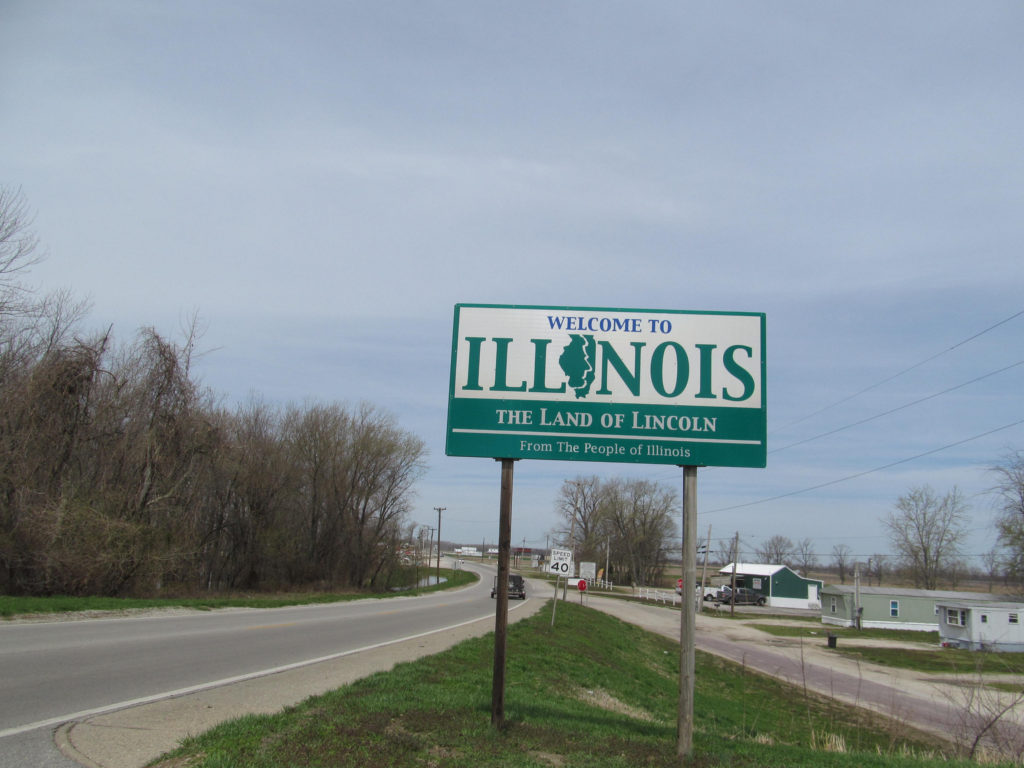The home health industry let out a collective sigh of relief last week after it was announced that the Pre-Claim Review Demonstration (PCRD or PCR) would be put on hold in Illinois and delayed in Florida, where the program was set to begin on April 1.
Now, some home health care agencies in Illinois and Florida are asking themselves what to do next and seeking answers to some outstanding questions while the program undergoes review—and potential reform.
Changes in Store
With at least a 30-day pause, the biggest remaining issue on the minds of providers is what the changes to the program could look like.
CMS could make the demonstration optional, according to those that attended a March 28 meeting with Verma and CMS officials, meaning agencies could opt in to submit pre-claims and thereby exempt themselves from audits later down the line. Other rumored changes include targeting specific diagnosis codes and making fixes to other areas, such as the face-to-face documentation requirements.
For providers awaiting answers, a potential opt-in choice might still be worthwhile once the program is put back into motion.
“I am cautiously optimistic as we have not received clarity what the pre-claim replacement will be,” Brandon Groover, president of Jacksonville, Florida-based home health care provider Elite Home Health, told HHCN. “I have seen some reports that predict CMS will return to the drawing board to make the pre-claim process less burdensome. Another suggestion being floated around is that pre-claim may become voluntary. The upside would be that agencies can avoid being targeted for Medicare audits. If it makes sense, Elite would likely participate.”
Illinois in Limbo
Following its announcement of the pause in Illinois and delay in implementation, CMS has not offered any other specific details on potential changes to the program or when it will come back into effect.
“CMS is considering a number of structural improvements in response to feedback received on the demonstration to date,” CMS officials told HHCN via email.
It is likely that CMS will announce changes within the next few weeks, according to those who attended the meeting.
With the demonstration on pause in Illinois, home health agencies that have been participating in the demonstration are seeking answers on how to proceed in the interim. Some Illinois agencies that have invested in personnel and added resources to comply with PCR are considering how best to re-allocate their resources, and for how long.
“It has been very fast-moving,” Sara Ratcliffe, executive director of the Illinois Home Care Council, told HHCN. “Both sides [MACs and providers] are wondering what the pause means.”
Providers don’t have to submit pre-claims for episodes of care in Illinois, but at least one agency has already run into confusion over the status of claims, the organization’s president told HHCN.
MAC Palmetto has also been slow in providing direction over the last few days, according to David Curtis, president of Illinois-based Residential Home Health. After submitting claims following the PCR pause, Curtis was told two claims went into a “suspended billing status,” with Palmetto officials stating they weren’t even sure of that meaning once Curtis inquired.
The process has Curtis worried that Residential’s claims could fall into a “billing black hole” while Illinois awaits for more specific guidance.
Palmetto did not respond to a request for comment by HHCN as of press time.
Yet even with these uncertainties, providers are cheering the pause, including Kindred Healthcare (NYSE: KND), which expressed its approval of the decision in a statement, and noted it was looking forward to reforms.
“Kindred fully supports appropriate program integrity efforts that address fraud and improper payments while preserving access and high-quality outcomes,” Benjamin A. Breier, president and CEO of Kindred, said in a statement. “We are committed to working with CMS and Congressional leaders to develop and initiative that effectively targets improper payments without impeding patient access.”
Written by Amy Baxter
Companies featured in this article:
CMS, Elite Home Health, IHHC, Kindred Healthcare Inc., Palmetto




